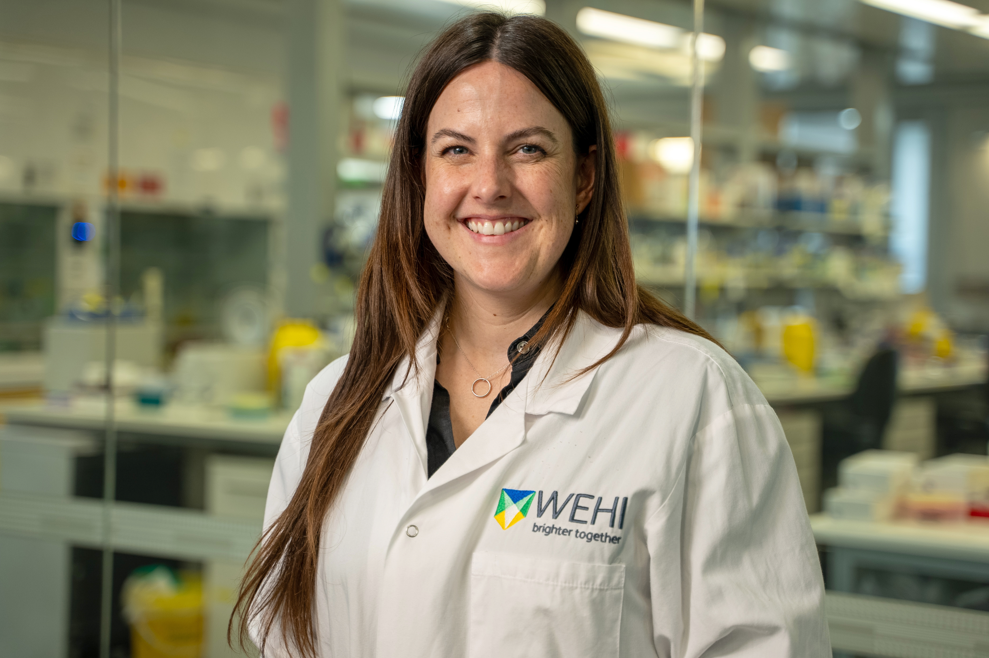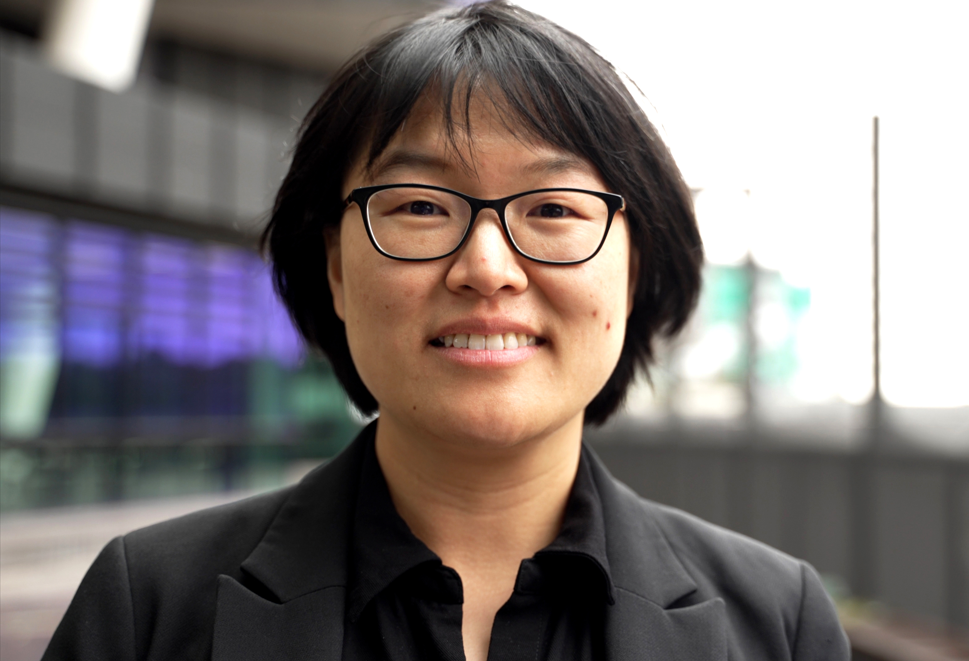Why lung cancer is on the increase: Dr Clare Weeden, WEHI, Melbourne
How understanding gene switching could lead to new drug classes: Dr Qi Zhang, South Australian immunoGENomics Cancer Institute (SAiGENCI), University of Adelaide
MELBOURNE – 24 October 2024 – Two Australian scientists have each been awarded CSL Centenary Fellowships, valued at $1.25 million over five years.
The Fellowships were presented at the Australian Academy of Health and Medical Sciences Annual Meeting on Thursday 24 October 2024 in Adelaide.

Over the past 12 years, Dr Clare Weeden has investigated why lung cancer is on the rise in cities around the world. She has shown that we all have potentially cancerous cells in our lungs which can be activated by repeated exposure to cigarette smoke or urban pollution.
The $1.25 million CSL Centenary Fellowship has enabled Dr Weeden to return from the Crick Institute in London to establish her own research laboratory at WEHI in Melbourne. She plans to identify how the chromatin that packages up our DNA is changed by inflammation in lung cells. Then she will investigate how these cellular changes initiate cancers and how cells then become resistant to targeted therapies.
Dr Weeden's ultimate career aim is to determine if abnormal lung cell states are reversible.

Dr Zhang is a team leader at the South Australian immunoGENomics Cancer Institute (SAiGENCI), University of Adelaide.
"We want to know what's happening with the packaging of our DNA in a healthy cell," she says. "Then we want to know what is going wrong in a cancer cell – when it loses its identity."
Using the CSL Centenary Fellowship, Dr Zhang hopes to generate fundamental knowledge that researchers around the world can use to develop new drugs to tackle epigenetic misregulation in cancers.
CSL Head of Research and Chief Scientific Officer Dr Andrew Nash said, "Dr Zhang and Dr Weeden are both making fundamental discoveries about how normal cells develop and how that development can go wrong leading to cancer and other diseases."
"With the support of their CSL Centenary Fellowships, their research will open up paths to new kinds of treatment for cancer and developmental diseases," he said.
"The CSL Centenary Fellowships aim to support leading mid-career Australian researchers like Qi and Clare by providing funding stability to enable the delivery of innovations that could transform medicine for patients living with rare and serious diseases and protect public health."
About the CSL Centenary Fellowships
The Fellowships are competitively selected, high-value grants available to mid-career Australians who wish to continue a career in medical research in Australia.
They are open to medical researchers working on discovery or translational research with a focus on rare or serious diseases and are overseen by a selection committee comprising three independent members and two CSL representatives. The 2025 committee was chaired by Dr Andrew Nash.
The Fellowships were established to mark 100 years since the establishment of CSL in 1916. Two individual, five-year A$1.25 million fellowships are awarded each calendar year.






